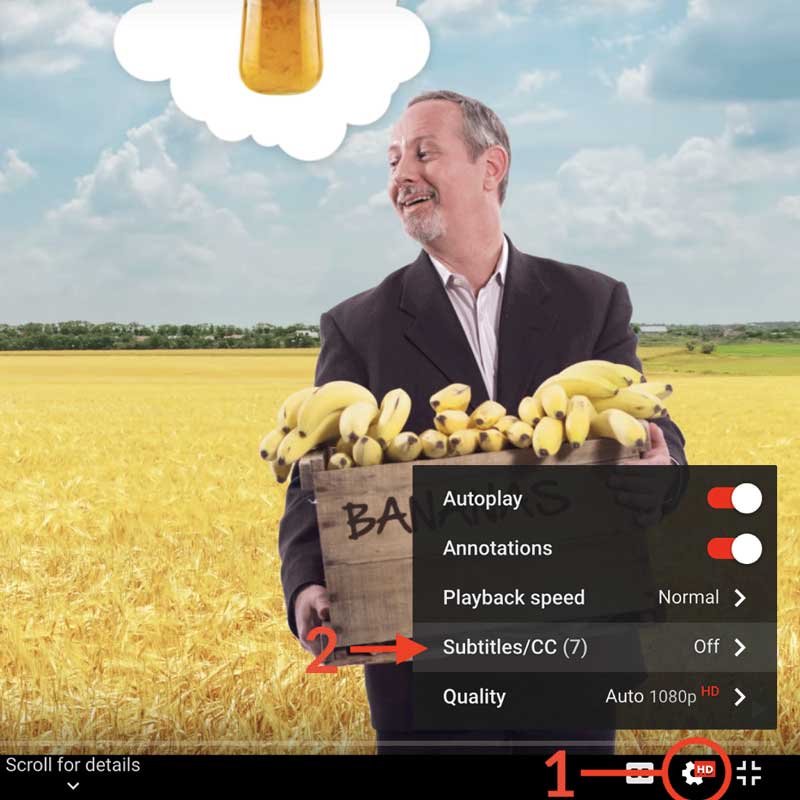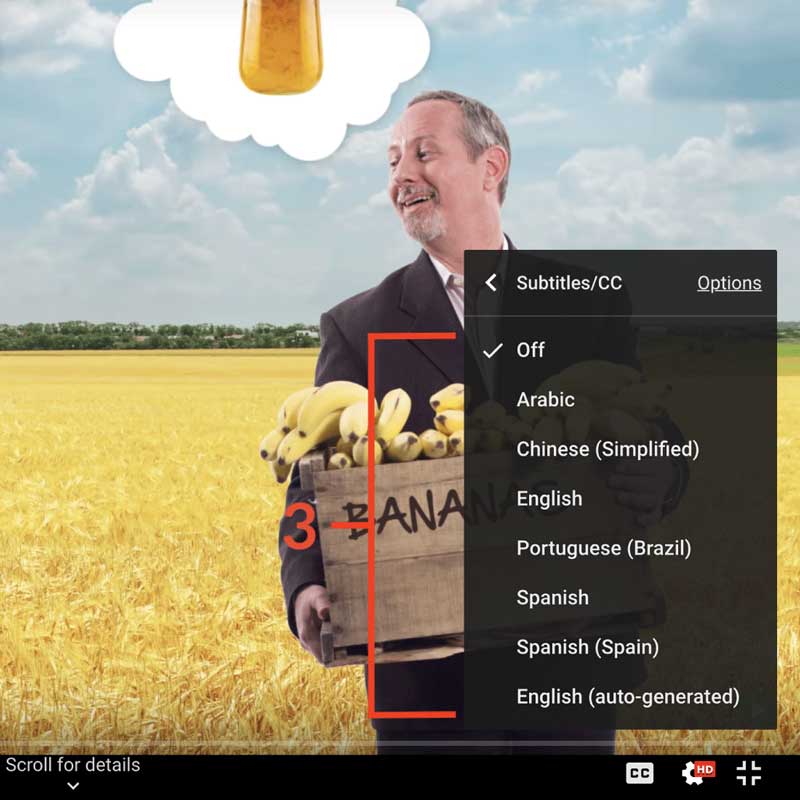Hayek on Individualism and Spontaneous Order
Course Outline
Hayek on Individualism and Spontaneous Order
The 1945 essay “Individualism: True and False” is the opening piece in Friedrich Hayek’s “Individualism and Economic Order.” In it, Hayek addresses two traditions of individualism, but he argues only one of these traditions, known as the skeptical tradition of individualism, will lead to liberty and civic order. This skeptical tradition embraces spontaneous order, which follows that institutions are the result of human action, but not of human design. Not everything can be planned – there are limitations to the human mind. Hayek believes that allowing spontaneous order to flourish is the essence of a free society.
Hayek also addresses the rationalist tradition which he warns leads to a false individualism. The rationalist tradition draws too much emphasis to the power of the human mind, and the individual’s ability to manipulate reality and make comprehensive plans. Hayek argues this can be dangerous – potentially leading to oppression, tyranny, coercion, and centralized control. While the rationalist tradition calls for movement toward collectivist thinking, the skeptical tradition of individualism calls for a better understanding of limits to knowledge, which ultimately leads to a healthier economy, better policies, and a better government.
Teacher Resources
Related to this course
See all Teacher Resources related to this course
Subtitles
Thanks to our awesome community of subtitle contributors, individual videos in this course might have additional languages. More info below on how to see which languages are available (and how to contribute more!).
How to turn on captions and select a language:
- Click the settings icon (⚙) at the bottom of the video screen.
- Click Subtitles/CC.
- Select a language.


Contribute Translations!
Join the team and help us provide world-class economics education to everyone, everywhere for free! You can also reach out to us at [email protected] for more info.
Submit subtitles
Accessibility
We aim to make our content accessible to users around the world with varying needs and circumstances.
Currently we provide:
- A website built to the W3C Web Accessibility standards
- Subtitles and transcripts for our most popular content
- Video files for download
Are we missing something? Please let us know at [email protected]
Creative Commons

This work is licensed under a Creative Commons Attribution-NoDerivatives 4.0 International License.
The third party material as seen in this video is subject to third party copyright and is used here pursuant
to the fair use doctrine as stipulated in Section 107 of the Copyright Act. We grant no rights and make no
warranties with regard to the third party material depicted in the video and your use of this video may
require additional clearances and licenses. We advise consulting with clearance counsel before relying
on the fair use doctrine.